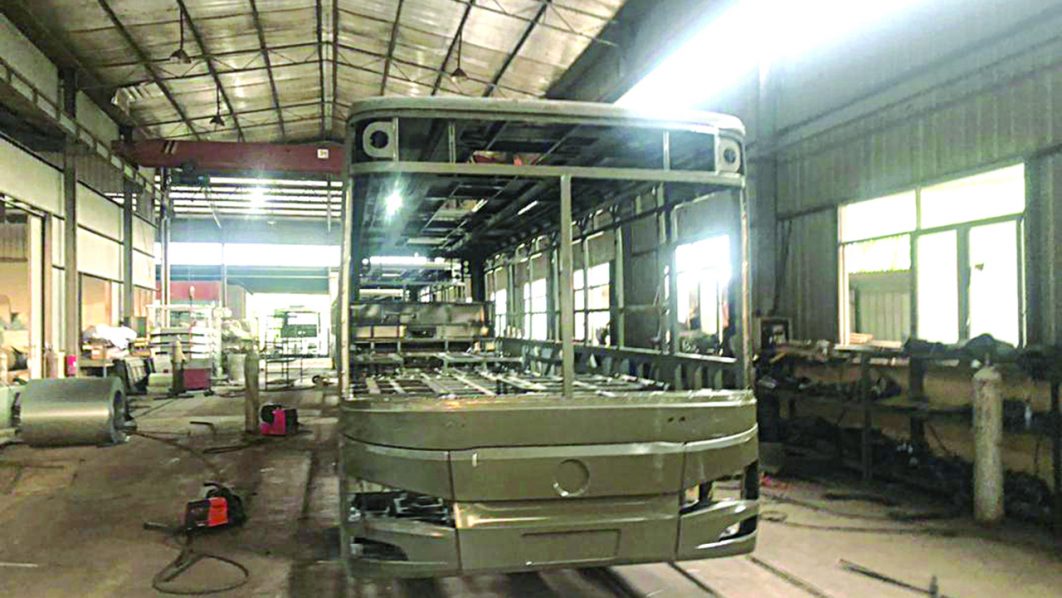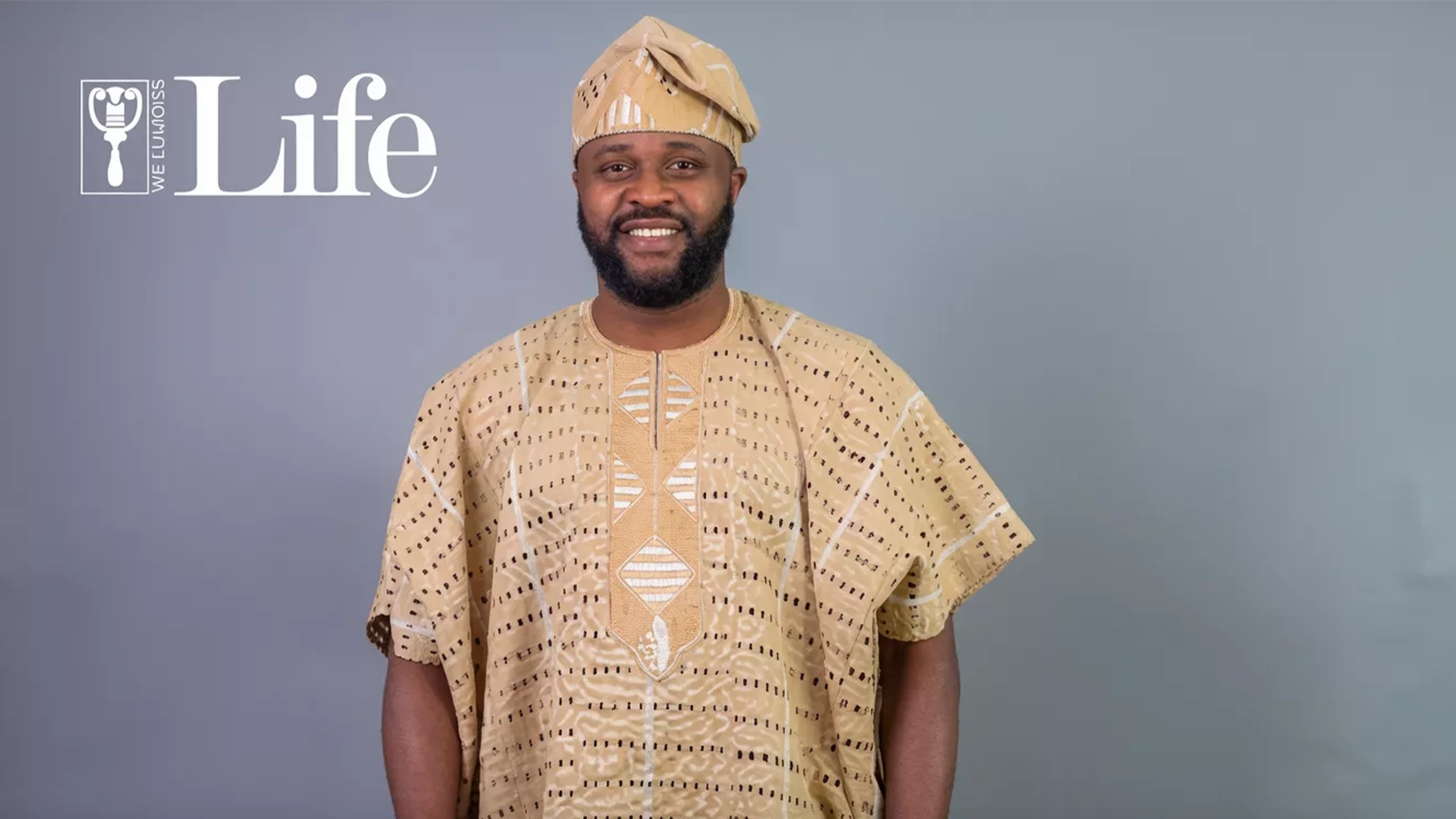
As one who was around during the ‘great exodus’ in the early eighties, when Nnewi indigenes staged a walkout on Onitsha landlords in protest of outrageous and whimsical increases in rents, this reporter marveled at the great mileage the people of Nnewi have been able to orchestrate for their area forty years after.
Nnewi traders pioneered the importation of motorcycles, taking over from Buolos Enterprises, a Lebanese company that specialised in motorcycles and machine service parts. Those days in Onitsha, it was a common sight to see women bestride ladies’ motorcycles, such that the bikes came to be known as Nwanyi Nnewi.
Women like Apunanwa, Madam Volvo and Aruka-akwa (alias Ofee Onugbo), who had shops along Bright Street, New Market Road and Bida popularised the ladies motorcycle in Onitsha. But, while such women were using their prized means of mobility within Onitsha to signpost their success story in their businesses, in Nnewi, it was commonplace.
In those days, it was as if the women resolved on compulsory ownership of ladies’ motorcycles as means of identification and evidence of industry and success. But, the fact was that importers who brought in containerised loads of the completely knocked down (CKD) parts used Nnewi as the final destination of their consignment.
With the shrewd competition among the importers, some of who grew to become giants in the Luxury bus transportation business, it was easy for the women to purchase the motorcycles at very soft payment terms. Gradually, the number of motorcycles in Nnewi and adjoining communities swelled, such that schoolboys also joined in the motorbike frenzy. Commercial business boomed as motorcycles enhanced the movement of persons and light goods around the town.
On September 29, 2021, when The Guardian visited the Nnewi commercial and industrial town, much had changed. Scant number of the 80s type of ladies’ motorcycles were seen, but the image of Nnewi as the home of motorcycles still looms large.
Traders still troop into Nnewi to buy, not only auto parts, for which the town has remained renowned, but also motorcycles as well. One of the big names in the motorcycle parts and assembly era, Chief Innocent Ifediaso Chukwuma, has long transitioned from importation trade to manufacturing.
After Chief Chukwuma pioneered the motorcycle assembly business, he was joined by countless other importers like Ogbuawa, who also transitioned to the production of automobile parts.
But unlike others, Chief Chukwuma devoted his entire attention to the automotive industry and the manufacturing of plastics and ancillary products. While Chief Chukwuma located his plastic industry at Enugu, Enugu State, his decision to site the INNOSON Motor Manufacturing Company Limited in Nnewi continues to be hailed as a very patriotic decision to drive home the think-home philosophy that propelled Nnewi businessmen in the late 70s to early 80s to withdraw from Onitsha.
October 1, 2021, Okpuzu, as Chief Chukwuma is called, turned 61 years young as Nigeria. But, unlike Nigeria, the Chairman and Chief Executive Officer of INNOSON Group, comprising Innoson Trading and Technical Company Limited and Innoson Motor Manufacturing Company Limited, has done very well for both himself, town and country.
Although he shelved every plan to celebrate his 61st anniversary, and thus the abortion of an earlier agreed interview, it was obvious that Chief Chukwuma remains passionate about the Nigerian, nay African automotive industry.
After agonizing over the possible impact of the worsening security situation on the socio-economic life of the Southeast, Chief Chukwuma expressed regrets about the lack of support for indigenous motor manufacturing firms. Without knowing it, he had begun outlining his vision for the African auto industry, stressing that the area of after-sales service is where he wants to add value to tropicalized vehicles.
Having dismissed our planned talks about his 61st anniversary, the Innoson boss was animated by talks about his motor manufacturing enterprise. His optimism was infectious, just as his understanding of research and development strategies and growth plans was exhilarating.
Chukwuma said he was aiming at a situation whereby buyers of Innoson vehicles could after long use bring such vehicles back to the factory for refurbishing, stressing that that is one thing imported vehicles would not enjoy from overseas manufacturers.
He disclosed that already, the Nigeria Military has keyed into the programme, adding that his firm is currently undertaking the construction of luxury buses for conveying servicemen for the Nigeria Air force. As the importer turned manufacturer took The Guardian team to the automobile factory, the question that drooped off was, what actually drove him to manufacture when he was making good money in import trade?
According to Innoson, “What drove me into motor manufacturing is that I looked at the African situation and saw that it would be quite hard for Africans to ride in brand new vehicles again, because of high cost.
“So I decided to set up this plant so that we can produce fully tropicalized vehicles at a lower cost than Africans can afford. I started by trading on motorcycle spare parts and after included motor parts. It was in the course of doing that that I saw that the cost of motorcycles was very high based on the spare parts.
“So, I did some calculations and found that if I am able to assemble motorcycles the price will come down. I’m the first person to start motorcycle assembly here in Nnewi. When I started, the price of the motorcycle was N150, 000 and we were able to bring it down to N80,000.
“Later, I started manufacturing the components in my plastic industry. With that, I brought the motorcycle price to n60000. It was at that point that I dropped off and faced motor manufacturing, where I started manufacturing cars and other vehicles.”
Chief Chukwuma advised young people venturing into business enterprises to study existing businesses and seek ways of improving on systems and components. Between having start-up capital and knowing which business venture to veer into, the Innoson boss said it is far better to know what one was going into than having plenty money.
He stressed that new ideas must always trump the consideration of capital. He, however, praised the Bank of Industry for assisting him to procure necessary machines and molds. “I applied for five machines they (BOI) approved one. The way I paid back, the next time I applied they bought five pieces of equipment for me.
“Last two months, BOI helped me to buy N4billion worth of equipment because I have built trust. Anybody who can be honest disciplined in handling loans and invest appropriately, BOI is willing to assist. I did not know anybody in BOI before I applied for a loan facility,” he explained.
On the quality of his vehicles, Chief Chukwuma said vehicles from Innoson Vehicles Manufacturing (IVM) Company are comparable to those imported from outside Nigeria. For instance, he pointed out that, “After the Nigeria Air force tested my vehicles, they found them worthy and have continued to place orders.”
While disclosing that the skill acquisition academy within the vehicle manufacturing plant helps him to source needed staff, including welders, craftsmen, panel beaters, machine fabricators, the IVM boss regretted the massive setback caused by his business transaction disputation with the GT Bank.
GT Bank Setback
He narrated how at the point of his transition from import business to manufacturing, the seizure of his goods by the Nigeria Customs and Excise nearly put him out of business.
He said: “I have done everything for Guaranty Trust Bank (GTB) to settle me, but they refused and the judgement is earning 22 per cent interest, yet they do not care.
“I hope when the interest reaches the level more than what they have there, I will take over the bank. So, I am not worrying about them. Supreme Court judgement is final. They owe me an N32billion. By next year, 22 per cent of N32billion, I do not even know what it will be. I keep myself calm because I do not want to go beyond the law.
“But, let them be working but when the money reaches the level I know and I am sure I am the owner of the bank; I will come after them. I keep my judgement from the court and I am not worrying them, they are the ones filing papers because in all the court cases I won them. They have not come for negotiation.
“I had paid for three months when I won the customs case in the Federal High Court for auctioning my goods. The total money became N2.3billion. I got the garnishee order. Custom has N11billion in GTBank. I had garnishee order which led to garnishee absolute order. Garnishee absolute means that GTBank should take the amount owed from the customs account and pay Innoson.
“GTBank refused to pay, they said they cannot do it. They took customs to the court of appeal. The appeal court said the day I was given the garnishing order, customs had N11 billion with GTBank and that N2.3billion of the money was no longer their own and that it belongs to Innoson, they have to pay me my money. They went to the Supreme Court and by that time, the money was N4billion. The day is finished, that is the judgement of the court, the money had become N9.7billion.”
Chief Chukwuma explained that even after the Supreme Court ruled that GTB should pay him the money, as he was about to execute the order, “they (GTB) went to Supreme Court pleading for a stay of execution.
“When I stopped the execution, they went to Inspector General of Police (IGP), who invited me to settle the matter out of court. They planned to file a paper to stop me completely from executing the order on the N9.7billion. After the IGP spoke, I said I can accept N7billion, but they said they can only pay N4billion. I said they should pay an N6billion, but they said they can only pay an N5billion. I told them that if they cannot pay N6billion, they should call me when they are ready.
“They, then went to a court in Lagos to say that I forged, because the other case was discharged by EFCC (Economic and Financial Crimes Commission) after my petition, only for them to go to Lagos and filed the case again. The case was in 40 days’ time, but they dropped it to three days without informing me, they did not serve me any notice.
“They said next court hearing if they did not see me, they will give me bench warrant. I wrote a petition against it. Then they recalled the file. They wanted me to accept N5billion, when I heard that they have issued me a bench warrant, that was their intention.
“Last November, Supreme Court discharged everything they filed so the bank is in my hand. Soon, you will see my write up, because I served GTBank today. I filed on how I will take over the bank. Upon service of the document at the bank, they refused to collect, so the boys began to do a video of the bank before they agreed to collect the court paper.”






